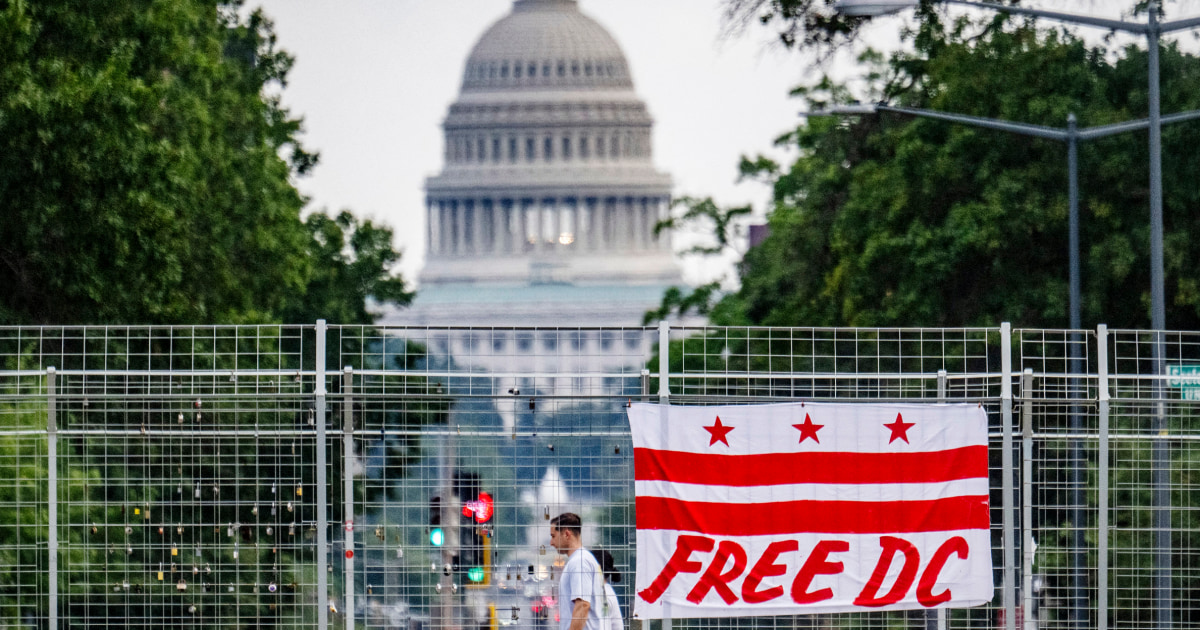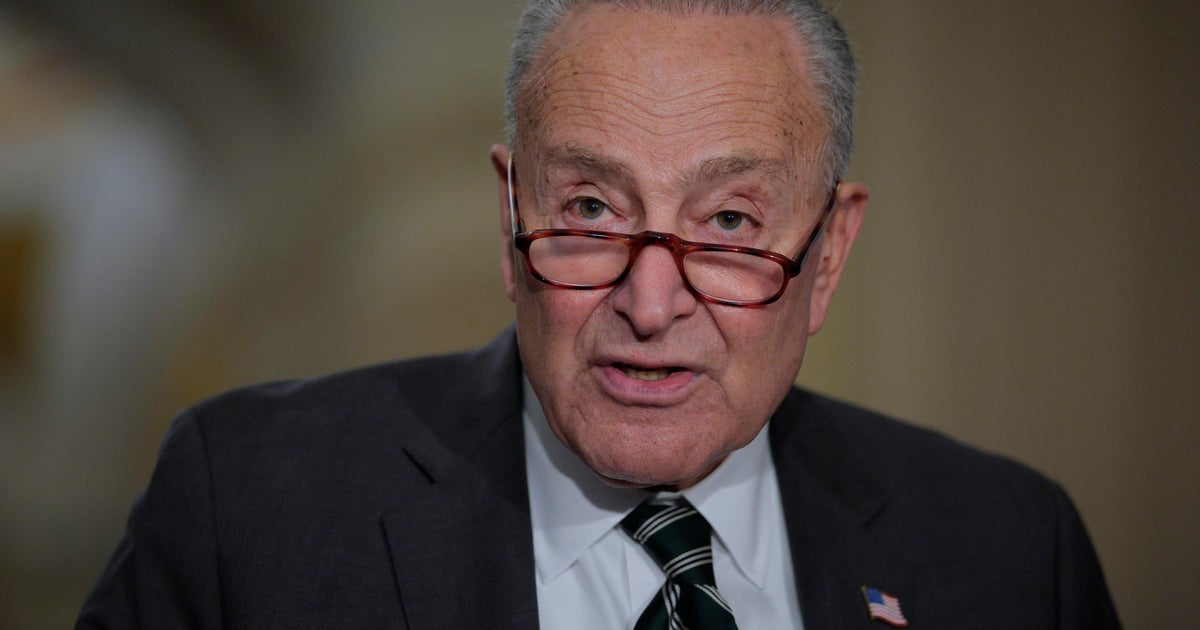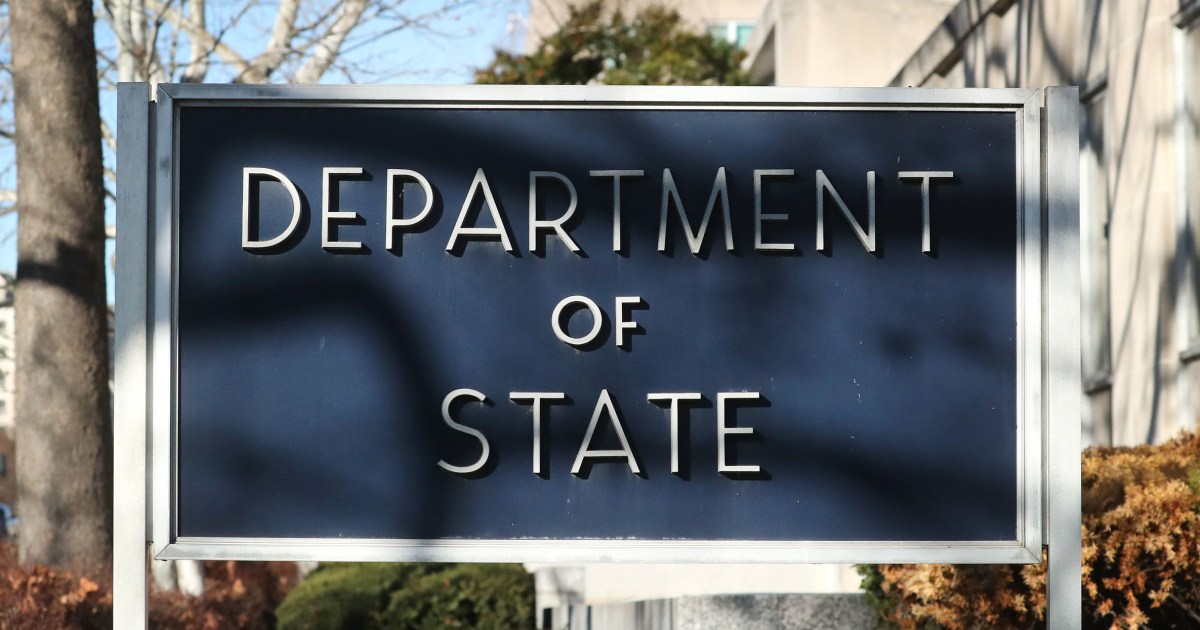The Looming Threat of a Government Shutdown

Introduction
The looming threat of a government shutdown has been a major concern for both parties as the September 30 deadline approaches. The Republican-controlled House has passed a bill to avoid a shutdown, but its fate remains uncertain as it heads to the Senate for approval. With tensions high and time running out, the nation is left wondering what the next steps will be to prevent a shutdown.
Key Details
The bill passed by the House includes funding for the controversial border wall, a key issue for President Trump and his supporters. However, the bill is expected to be rejected by the Senate, which is controlled by the Democrats. This clash between the two parties has led to a stalemate, leaving the fate of the government funding in limbo.
Impact
The uncertainty of the situation has caused worry and frustration for many Americans. A government shutdown would not only disrupt the functioning of essential services, but it would also have a significant impact on the economy. With both parties at a standstill, the future remains unclear and the consequences of a shutdown could be severe.
About the Organizations Mentioned
Republican
The term "Republican" typically refers to the Republican Party, one of the two major political parties in the United States. However, if you are asking about a specific organization named "Republican," there seems to be a lack of information. Assuming you are interested in the Republican Party, here is a summary: ## Overview of the Republican Party The Republican Party is a major political party in the United States, known for its conservative platform. It was founded in 1854 by anti-slavery activists and has since evolved to become a prominent force in American politics. ## History The Republican Party has a rich history, starting with its formation during the mid-19th century. It has produced notable figures such as Abraham Lincoln, Theodore Roosevelt, and Ronald Reagan. Over the years, it has been associated with various political ideologies, including conservatism and libertarianism. ## Key Achievements The Republican Party has been instrumental in shaping American policy. Some of its key achievements include: - **Tax Reductions**: Republicans have often advocated for lower taxes, which they believe stimulate economic growth. - **Regulatory Reform**: They have pushed for deregulation in various sectors to promote business growth. - **Foreign Policy**: Republicans have traditionally been strong on national defense and have played a significant role in shaping U.S. foreign policy. ## Current Status Currently, the Republican Party is a major opposition party in the U.S. Congress. It continues to influence policy debates on issues like healthcare, immigration, and economic policy. Notable aspects include its strong presence in state governments and its influence on conservative think tanks like The Heritage Foundation, which has been involved in initiatives such as Project 2025[1][3]. ## Notable Aspects - **Project 2025**: This initiative by The Heritage Foundation outlines a radical plan for restructuring the federal government, which has been controversial among Republicans and Democrats alike[1][4]. - **Influence on Technology Policy**: Republicans have been involved in shaping technology policy, particularly
Democratic
The term "Democratic" can refer to several entities, but in the context of organizations, it often relates to political or technological initiatives. Here's a summary focusing on the Democratic National Committee (DNC) and broader concepts of democratic technology: ### Democratic National Committee (DNC) The DNC is a key organization in the U.S. political system, primarily supporting Democratic candidates and campaigns. The **DNC Tech team** plays a crucial role by providing infrastructure, data, tools, and cybersecurity expertise to enhance campaign capabilities across the Democratic ecosystem. This includes federal candidates, state parties, and down-ballot campaigns[1]. The team is composed of experts from tech giants like Facebook and Amazon, offering a blend of political and technological expertise to build enduring solutions for Democratic success[1]. ### Democratic Technology (DT) **Democratic Technology** aims to bridge the gap between citizens and governments by leveraging technology for real-time engagement. Platforms like iMatr facilitate direct communication between citizens and elected representatives, enhancing civic literacy and participation[2]. This technology addresses issues of citizen dissatisfaction and apathy by providing a platform where individual voices matter[2]. ### Current Status and Notable Aspects - **Innovation and Challenges**: The integration of technology in democratic processes is evolving rapidly, with challenges such as the unchecked power of tech companies threatening democratic governance[3]. The rise of connective parties, which heavily rely on technology for organizational functions, presents both opportunities and challenges[4]. - **Key Achievements**: The DNC's technological initiatives have contributed significantly to modernizing Democratic campaigns. Meanwhile, democratic technology platforms have shown potential in increasing civic engagement and addressing voter apathy. Overall, the concept of "Democratic" in this context highlights the intersection of technology and political engagement, with ongoing efforts to enhance democratic processes and address emerging challenges.
Senate
The **United States Senate** includes several key committees critical to business and technology policy, notably the *Senate Committee on Small Business and Entrepreneurship* and the *Senate Committee on Commerce, Science, and Transportation*. These committees play pivotal roles in shaping legislation that impacts small businesses, innovation, technology development, and commerce nationwide. The **Senate Committee on Small Business and Entrepreneurship** advocates for small businesses by overseeing the Small Business Administration (SBA), which provides capital access, education, technical assistance, and federal contracting opportunities to small enterprises. This committee’s historical role has been to ensure the vitality of small businesses, which are essential to the American economy. Recent efforts include bipartisan reforms targeting SBA program efficiency, fraud prevention related to pandemic aid, and support for entrepreneurship in underserved communities. They also focus on programs like the Small Business Innovation Research (SBIR) and Small Business Technology Transfer (STTR), which connect federal agencies with private entrepreneurs to accelerate research and development in critical tech areas, thereby maintaining U.S. technological leadership[1][4][5][8]. The **Senate Committee on Commerce, Science, and Transportation** is one of the largest Senate committees, overseeing broad sectors including consumer protection, economic development, manufacturing, trade, science, and transportation infrastructure. It addresses emerging technologies, environmental issues like climate change, and space exploration, both government-funded and private. This committee significantly influences national business practices, product safety, competitiveness, and innovation ecosystems, affecting industries from maritime to digital technology[2][7]. Notable recent activities include Senate hearings on Big Tech antitrust and competition policies, emphasizing the need to regulate dominant technology firms to foster innovation and protect consumers and workers. This aligns with broader legislative efforts addressing artificial intelligence and technological competitiveness in 2025[6][10]. In summary, the Senate’s organizational structure and committees serve as crucial instruments in shaping U.S. business and technology landscapes. Through oversight, legislation, and reform initiatives, they support small businesses, promote innovation

















